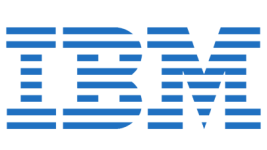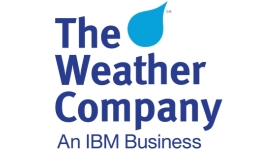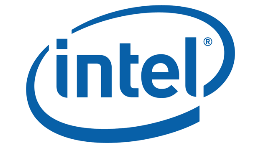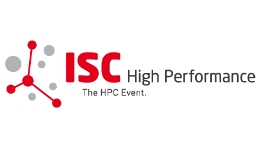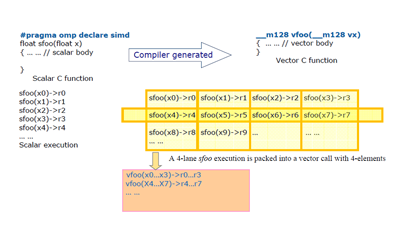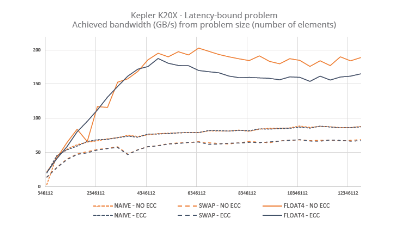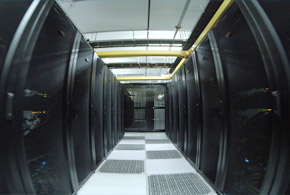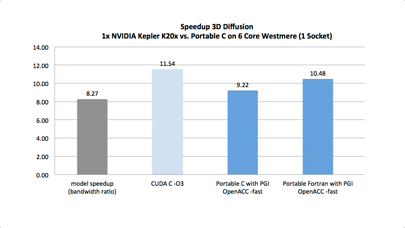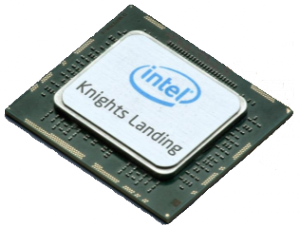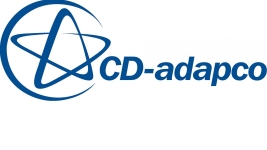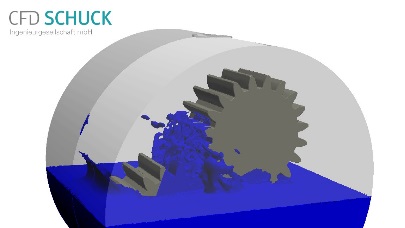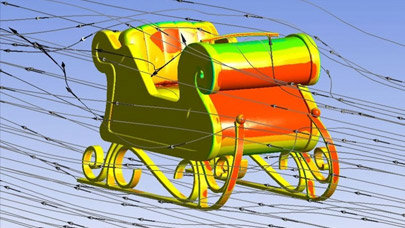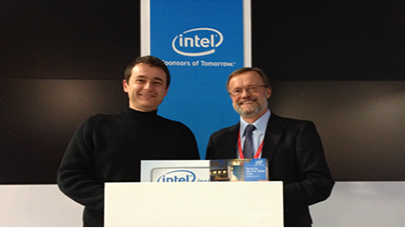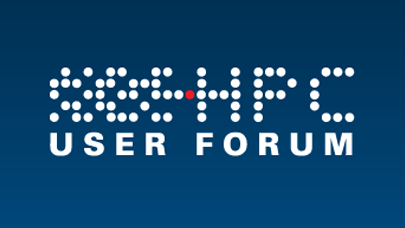A new era of computing
This new era of computing is already changing our expectations for how technology can help us live and work in better ways. Cognitive systems can better addresses today’s realities of explosive data growth, rapidly changing business conditions, and the need for more intuitive interaction between people and technology. IBM’s approach to the marketplace is to:
- Establish client and business value with each Watson commercial application developed
- Extend early findings in healthcare and financial services into new industries and horizontal solutions
- Embed experiences learned into go-tomarket and delivery practices, partners, and IBM’s Smarter Planet initiative
The focus is on understanding the needs of a marketplace and how best to enable transformation. This in turn will help define the methodological construct taken to delivering Watson Advisory solutions by industry and orientation as illustrated below.
| Healthcare | Financial Services | Contact Centers | |
|---|---|---|---|
| GOAL | Improve patient outcomes while dramatically reducing cost of care through personalized, evidence based medicine. | Improve knowledge worker’s understanding, insights, and decision making in both institutional and retail finance as well as Insurance | Transforming the contact center from a cost-center to a strategic asset for client engagement, customer response and satisfaction through better use of information and interaction |
| CONSTRUCT | – Teach: Enable new methods for delivering medical training and instruction – Practice: Enable research & delivery of personalized, evidence-based medicine – Pay: Enable the rapid evaluation and preauthorization of medical payment | – Research: Ask questions about an asset across a broad corpus of market information – Evaluate: Discover correlation between answers and intrinsic value of an asset. – Act: Suggest what action to take in the market (i.e. market to a client, portfolio allocation) | – Market: Transform the business through with a game changing user experience across all channels – Sell: Automate the alignment of solutions to clients with superior client targeting and responsiveness – Support: Answers with confidence / evidence drive agent efficiency. Deflect calls to self-service for faster response |
What’s Next : current and future applications
Watson extends the possible ways in which organizations, institutions, and individuals will learn, process, investigate, optimize, decide and deliver. It brings into focus information and insights that were once unattainable, empowering the knowledge worker to deliver extraordinary outcomes. Watson solutions are best suited to data-intensive industries and issues that:
- Require the analysis of a high volumes of both structured and unstructured data
- Benefit from the speed and accuracy of a response to a question or input provided
- Desire to systematically learn with every outcome or action taken, getting smarter with interaction and new evidence
- Have critical questions that require confidence weighted recommendations and supporting evidence
According to IBM, “The goal is to have computers start to interact in natural human terms across a range of applications and processes, understanding the questions that humans ask and providing answers that humans can understand and justify.” It has been suggested by Robert C. Weber, IBM’s general counsel, that Watson may be used for legal research. The company also intends to use Watson in other information-intensive fields, such as telecommunications, financial services, and government.
Watson is based on commercially available IBM Power 750 servers that have been marketed since February 2010. IBM also intends to market the DeepQA software to large corporations, with a price in the millions of dollars, reflecting the $1 million needed to acquire a server that meets the minimum system requirement to operate Watson. IBM expects the price to decrease substantially within a decade as the technology improves.
In 2013, it was reported that three companies were working with IBM to create apps embedded with Watson technology. Fluid is developing an app for retailers, one called “The North Face”, which is designed to provide advice to online shoppers. Welltok is developing an app designed to give people advice on ways to engage in activities to improve their health. MD Buyline is developing an app for the purpose of advising medical institutions on equipment procurement decisions.
In November, 2013, IBM announced it would make Watson’s API available to software application providers, enabling them to build apps and services that are embedded with Watson’s capabilities. To build out its base of partners who create applications on the Watson platform, IBM consults with a network of venture capital firms, which advise IBM on which of their portfolio companies may be a logical fit for what IBM calls the Watson Ecosystem. Thus far, roughly 800 organizations and individuals have signed up with IBM, with interest in creating applications that could use the Watson platform.
On February 6, 2014, IBM announced plans to invest $100 million in a 10-year initiative to use Watson and other IBM technologies to help countries in Africa address development problems, beginning with healthcare and education.
On June 3, 2014, three new Watson Ecosystem partners were chosen from more than 400 business concepts submitted by teams spanning 18 industries from 43 countries. “These bright and enterprising organizations have discovered innovative ways to apply Watson that can deliver demonstrable business benefits,” said Steve Gold, vice president, IBM Watson Group. The winners are Majestyk Apps with their adaptive educational platform, FANG (Friendly Anthropomorphic Networked Genome); Red Ant with their retail sales trainer; and GenieMD with their medical recommendation service.
On July 9, 2014, Genesys Telecommunications Laboratories announced plans to integrate Watson to improve their customer experience platform, citing the sheer volume of customer data to analyze is staggering. Watson has also been integrated with databases including Bon Appétit magazine to perform a recipe generating platform. Besides, Watson is being used by Decibel, a music discovery startup, in its app MusicGeek which uses the supercomputer to provide music recommendations to its users. The use of the artificial intelligence of Watson has also been found in hospitality industry. GoMoment uses Watson for its Rev1 app, which gives hotel staff a way to quickly respond to questions from guests. Arria NLG has built an app that helps energy companies stay within regulatory guidelines, making it easier for managers to make sense of thousands of pages of legal and technical jargon.
Where, how, and when to put Watson to work may be one of the greatest challenges in the years to come. We have only begun to scratch the surface of what is possible in this new era of computing.
More around this topic...
© HPC Today 2024 - All rights reserved.
Thank you for reading HPC Today.

